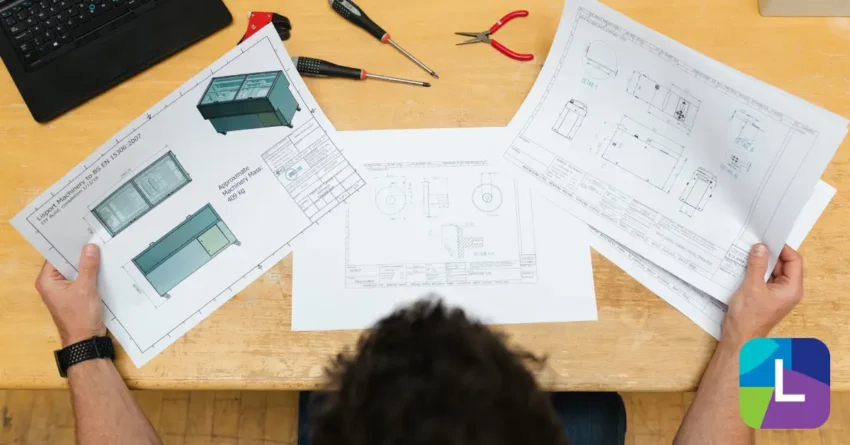Professional Qualifications For A Career As A Chartered Civil Engineer
A career as a civil engineer or engineering consultant requires a significant amount of training and a specific set of skills and qualifications. They are responsible for the development and smooth running of major infrastructure and urban construction projects. Civil engineers can expect an exciting and rewarding career.
For anyone considering a career in the industry and with specific aspirations of becoming a charted engineer, here is the professional pathway you might expect to follow.
A-levels
Maths and physics A-level are desirable to study an engineering degree at university, and in some cases, required. Typically, you will expect A and B grades to secure a place at the university of your choice.
For instance, to study for a four-year engineering degree (MEng) at Cambridge University you need three A* grades. For a three-year engineering BEng at the University of Birmingham, you need AAB grades.
Engineering degrees
Civil engineers normally require a degree (BEng) to work. To become professionally qualified you will also need it to be accredited by the Institute of Civil Engineers (ICE). There are plenty of different engineering courses to choose from. It’s worth checking the Joint Board of Moderators website to see if your planned civil engineering course is accredited.
Many courses offer a year in the industry which can be very useful to start building up experience in the field. Additionally, it’s also a great way to make connections with organisations of interest. There is also the possibility of doing a two-year conversion course if you have a degree in either a science or maths-related subject. Some are even open to graduates from unrelated subjects.
Masters of Engineering
For those aiming for chartered engineer (CEng) status, there are two potential routes to achieving it. On one hand can either study for an advanced undergraduate degree (MEng) which lasts four years. Alternatively, you can take a three-year BEng and then progress on to a 1-year postgraduate MSc.
Further professional training
If you are worried that your qualifications don’t meet the criteria for CEng status and aren’t JBM accredited, you can apply for an academic assessment with ICE to determine what level of membership you are eligible for. Equally, if you have an accredited undergraduate degree but haven’t done a Master’s (CEng), you can do further learning with an employer to become professionally qualified.
In this situation, people should ask their employer to see if they offer a further learning programme. If they don’t however you can still have the option to do this independently where ICE will track your progress. Engineering is a field where qualifications and skills aid in career development. Course fees can be high depending on the educational institution concerned.
Are you thinking about pursuing a master’s at a top UK university? Make your dream come true by seizing this opportunity to either take your career to the next level or tick off a personal interest. *Apply online and we’ll support you on your path to success.
Representative Example: Assumed borrowing of £30,825 over 120 months at 12.73% APR representative. Monthly cost of £509.26. Total amount repayable of £61,199.65. Interest rate of 11.62% p.a.(fixed) and total fees of £925.00. Available for loan amounts between £5,000 – £100,000.
(Representative Example date: October 2024)
*Credit is subject to status and loan approval is not guaranteed. Over 18’s only. Terms and conditions apply.

